Information activist or bail-skipping narcissist – who is Julian Assange?
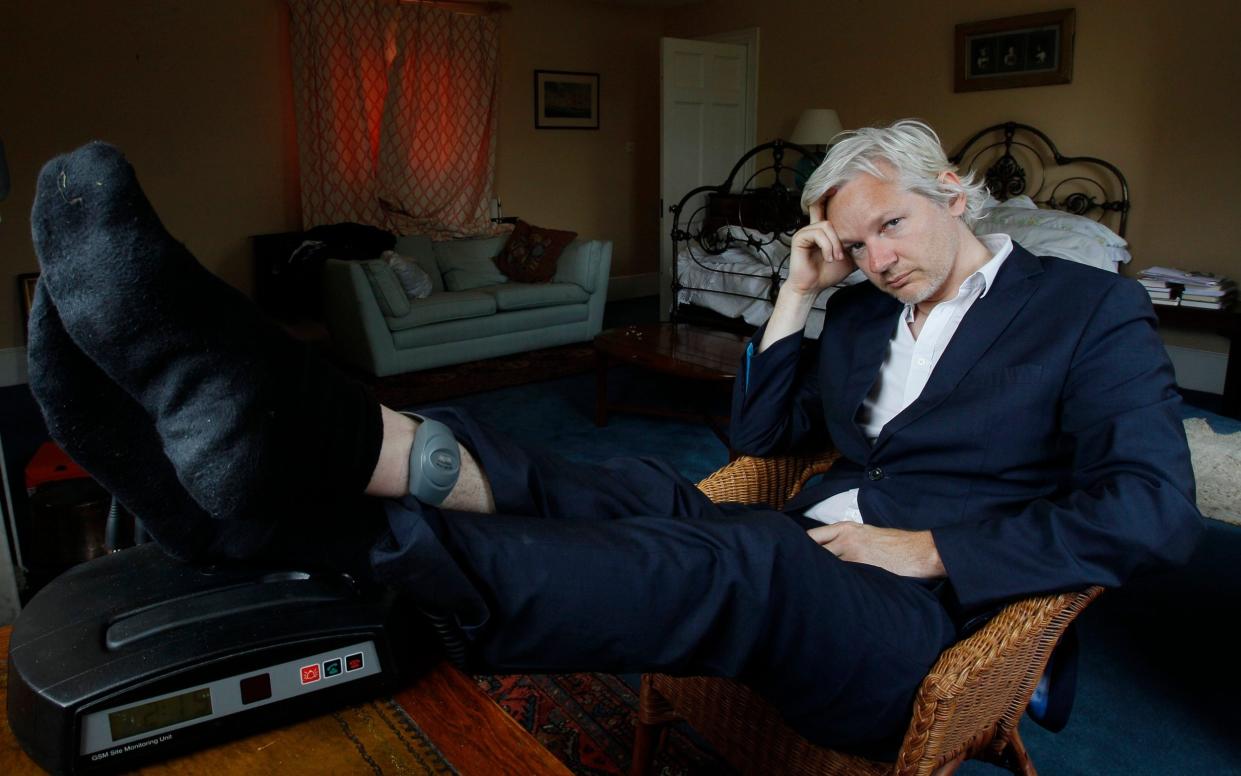
For Mike Pompeo, the former US secretary of state, he is a “scoundrel” who “raped America”. For Margarita Simonyan, the Russian propaganda chief, he is the “best journalist of our time”.
But Julian Assange regards himself more simply, referring to himself as “probably the kind of child who was shopping for things to take a stand against” in his autobiography.
The 2011 autobiography would later become “unauthorised” before publication when Assange withdrew cooperation and disowned it.
Assange was a hacker before he became what he called an “information activist”. Before that, he was a child whose upbringing could only be described as unsettled.
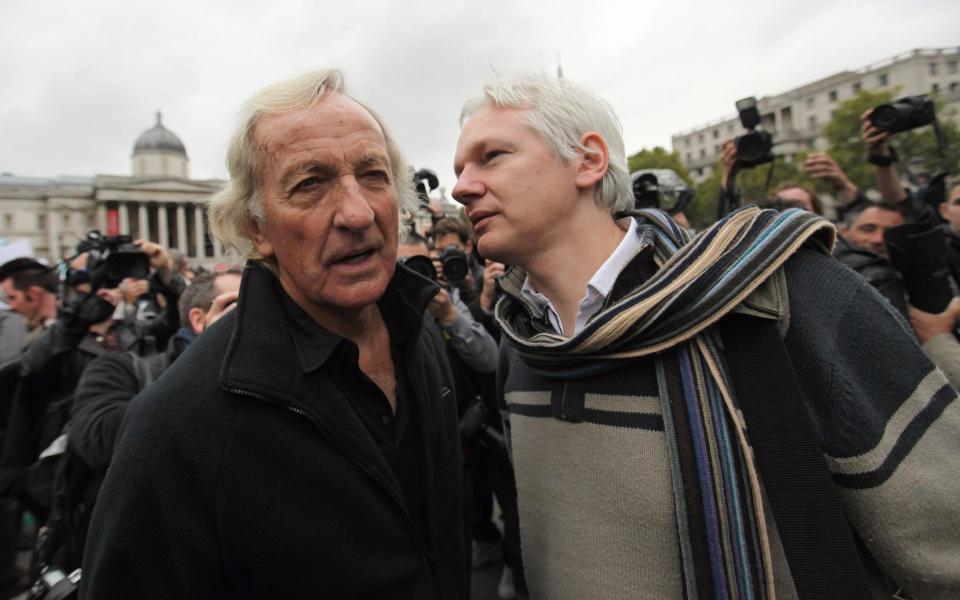
Assange was born in 1971 in Townsville, a small city in northern Queensland. His biological father left home before he was born.
His mother and Brett Assange, his stepfather who gave Julian his surname, ran a theatre together. Assange has spoken fondly of his step father, but the marriage collapsed before he was 10.
His mother then got entangled with a sinister and controlling man who, in Assange’s telling, turned out to be involved in a notorious Australian cult called The Family.
There followed a period of “nomadism” as the family moved around Australia trying to evade him, before finally settling in Melbourne. Assange said he attended well over 30 schools in his childhood.
This time on the road, he said in his autobiography, was a happy one, but it reinforced an anarchic urge to subvert and confront authority, which in one case led to an elaborate and successful plot to steal tomatoes from a neighbour’s garden.
That instinct found another outlet in his teenage fascination with computers.
By his late teens he was already a talented hacker, and became one of a trio calling themselves the International Subversives who targeted US military networks.
He later said he was “reading generals’ emails since I was 17”. When one of the others turned the group in, he spent years under investigation and plunged into depression.

In 1994, in his mid-20s, he was charged with 25 counts of hacking and related crimes. The judge ruled that he was motivated by curiosity rather than enrichment or malice, and he received a relatively light sentence.
The episode made a lasting impression. “Such prosecution in youth is a defining peak experience,” he wrote in a 2006 blog post in which he compared his own experience to Alexander Solzhenitsyn’s account of the Gulag in the First Circle.
He was dealing with personal challenges at the same time. He had married at 18, had a son, Daniel, and then became involved in a bitter custody battle with his ex-wife after the marriage broke down.
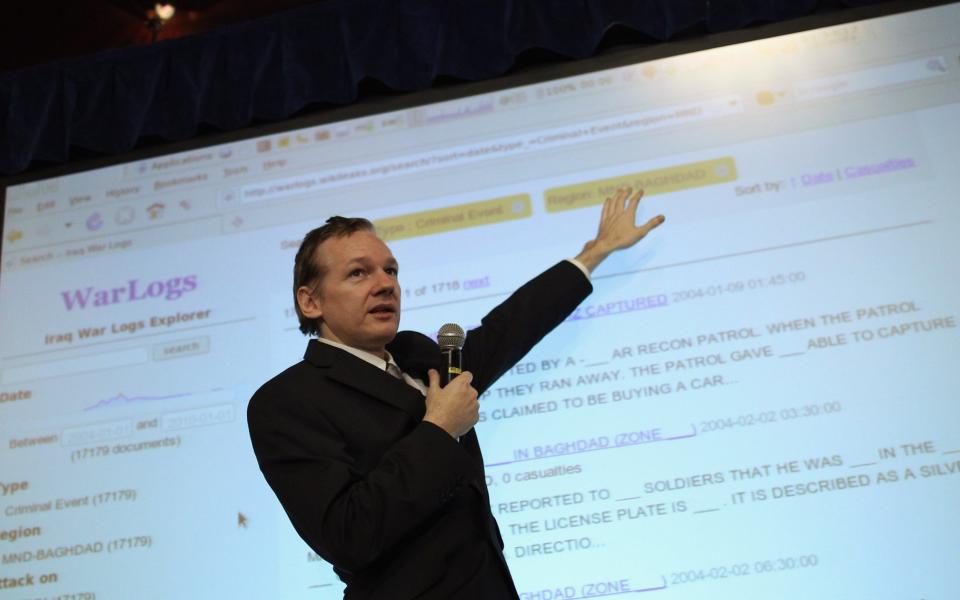
WikiLeaks was founded in 2006, but it was only in 2010, with the publication of material leaked by the US Army intelligence analyst Chelsea Manning, that it gained international attention.
This was WikiLeaks at its peak. With agenda-setting scoops and collaborations with major publications including The New York Times and The Guardian, Le Monde, El Pais and Der Spiegel seemed on the verge of redefining journalism.
But even then, Assange was prickly – even down right rude – about his collaborators.
“I am an information activist,” he told The Guardian in 2010. “You get the information out to the people. We believe a richer intellectual and historical record that is fuller and more accurate is in itself intrinsically good, and gives people the tools to make intelligent decisions.”
That uncompromising view of the “intrinsic good” of free information led to other troubling decisions.
Critics complained he had neglected the basic journalistic task of vetting information before releasing it, putting vulnerable people around the world at risk.
In the same interview, he accused Western journalists of failing to take their profession seriously and claimed their relatively low casualty rate proved it.
“I think it’s an international disgrace that so few western journalists have been killed in the course of duty, or have been arrested in the course of duty,” he said.
It was a strange thing to say that reinforced the sense that he had a slight recklessness about the consequences of his actions.
Legal troubles began at the same time.
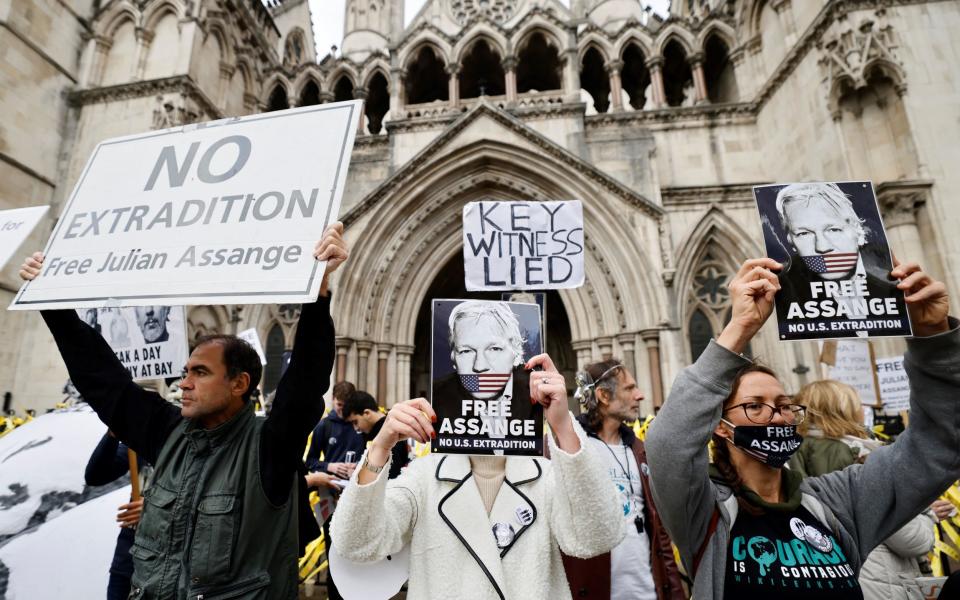
The United States immediately began a criminal investigation and accused Assange of conspiring with Manning to commit espionage.
In late 2010, a Swedish judge ordered Assange’s detention on suspicion of rape, sexual molestation and coercion.
Assange, denied the charges and claimed the charges were a ploy to get him to Sweden because it would be easier to extradite him to the United States.
The media and prosecution, he complained, had decided to paint him as “some kind of cat-stroking nutcase bent on serial seduction and world domination”.
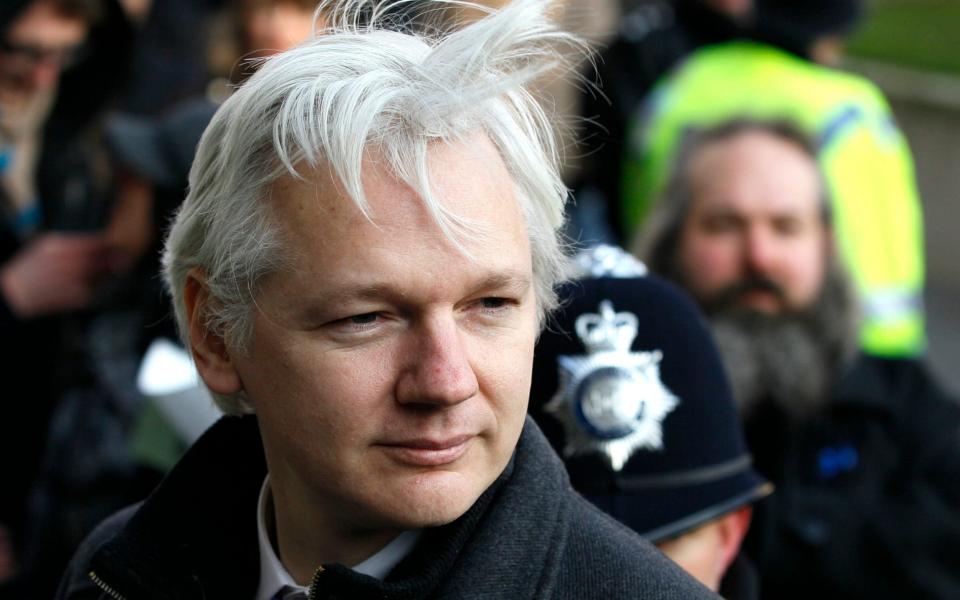
In 2012, he sought refuge in the Ecuadorian embassy in London to avoid extradition to Sweden.
The following five-and-a-half years would cement his status for some as a martyr and political prisoner, and for others reinforced as a bail-skipping narcissist with dubious loyalties.
During his residence at the Embassy he received a string of celebrity guests.
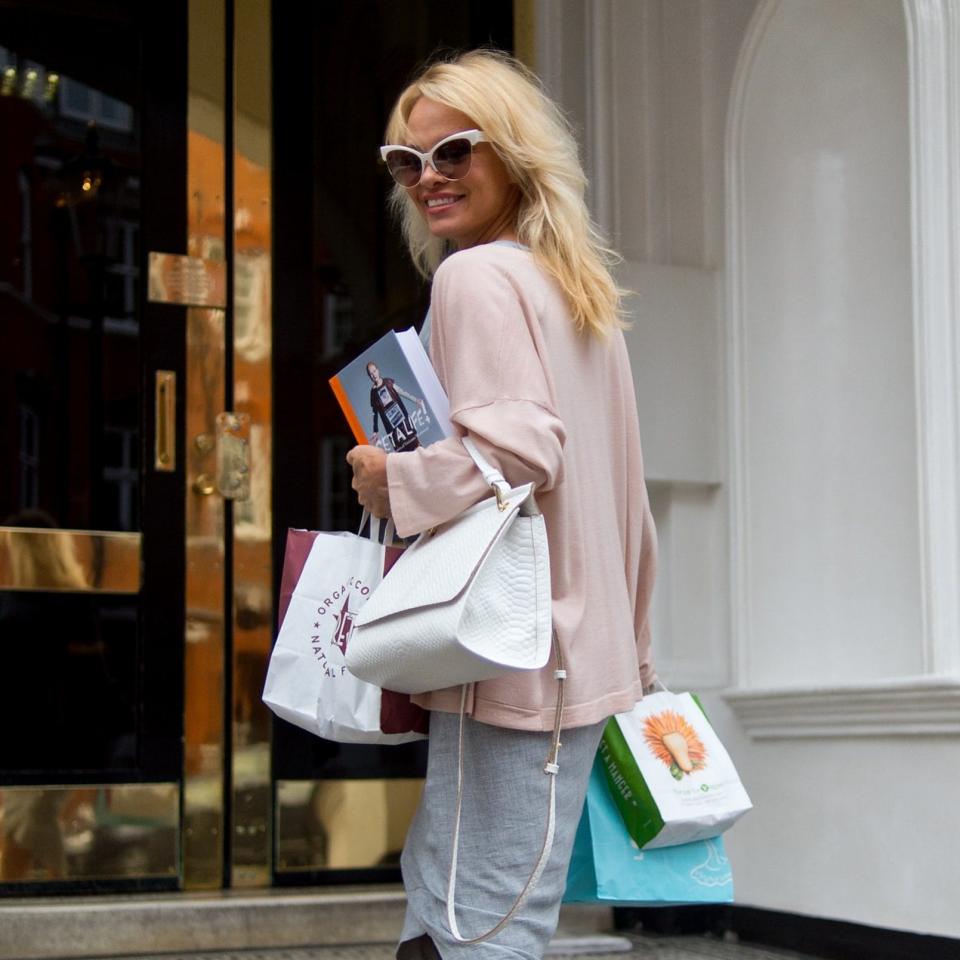
Pamela Anderson, Michael Moore, the US documentary maker, Slavoj Žižek, the philosopher, and John Pilger, the Left-wing Australian journalist, were among those who visited him.
In 2017, Nigel Farage was spotted slipping into the Embassy to visit him. He was later forced to deny allegations he had handed Assange a USB drive from Donald Trump.
But Assange was still active in ways that made some Western observers question his motives.
Just before entering the embassy in 2012, he had hosted a 12-show interview segment on RT, the Russian state’s English-language TV channel. Journalists from the channel were among those who visited the embassy.
In 2016, Wikileaks released a cache of emails from Hilary Clinton’s campaign in the run up to that year’s pivotal presidential election. US authorities later concluded the information had been hacked by Russia.
Wikileaks denied Russia was its source.
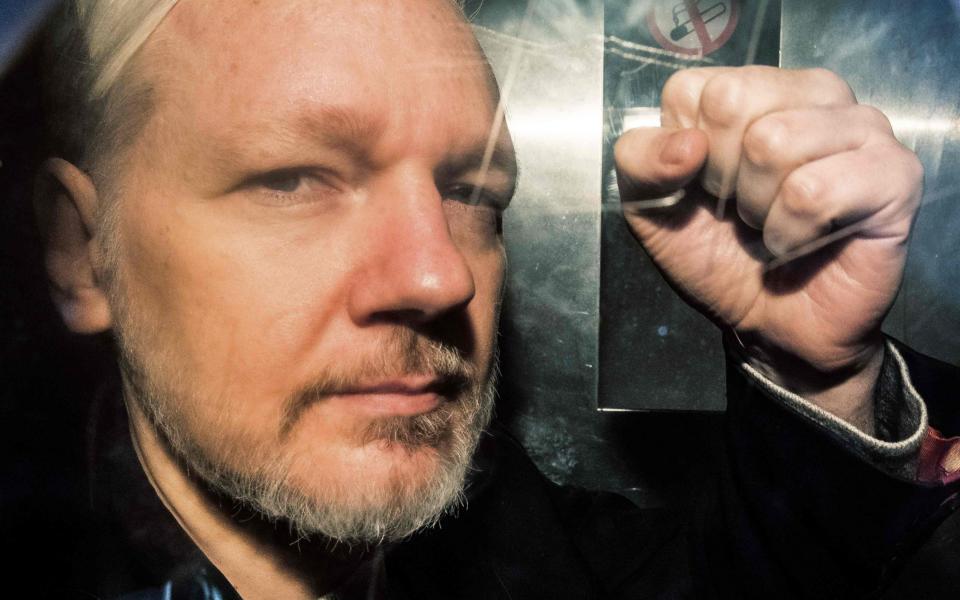
By 2019, the relationship with his hosts had broken down. Lenin Moreno, Ecuadorian president, revoked his asylum and ordered him evicted, describing him as a “spoilt brat” who had abused hospitality.
Mr Moreno said the last straw was diplomatic: Wikileaks in January 2019 had leaked a Vatican document that “confirmed the world’s suspicion that Mr Assange is still linked to WikiLeaks and therefore involved in interfering in internal affairs of other states”.
But there were other allegations. It was said his mental health had deteriorated and he had become an intolerable guest, confronting security guards, riding a skateboard around the corridors, and even smearing faeces on the walls.
Assange’s supporters have flatly denied those stories.
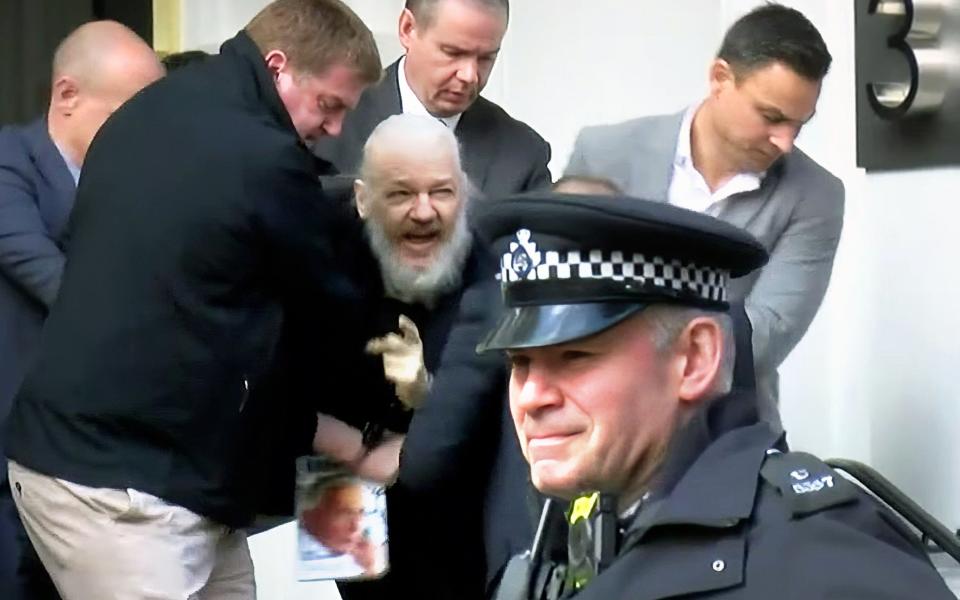
The man who emerged – and was arrested – on April 21 2019 had visibly aged. Sporting a long, unkempt beard worthy of his hero Solzhenytsin and wearing a black suit and a polo neck, he resembled an Orthodox priest.
Whatever the truth, it is clear that the past several years have taken a toll.
A British judge ruled in 2021 as she turned down a US extradition request: “The overall impression is of a depressed and sometimes despairing man, who is genuinely fearful about his future.
“I find that the mental condition of Mr Assange is such that it would be oppressive to extradite him to the United States of America.”
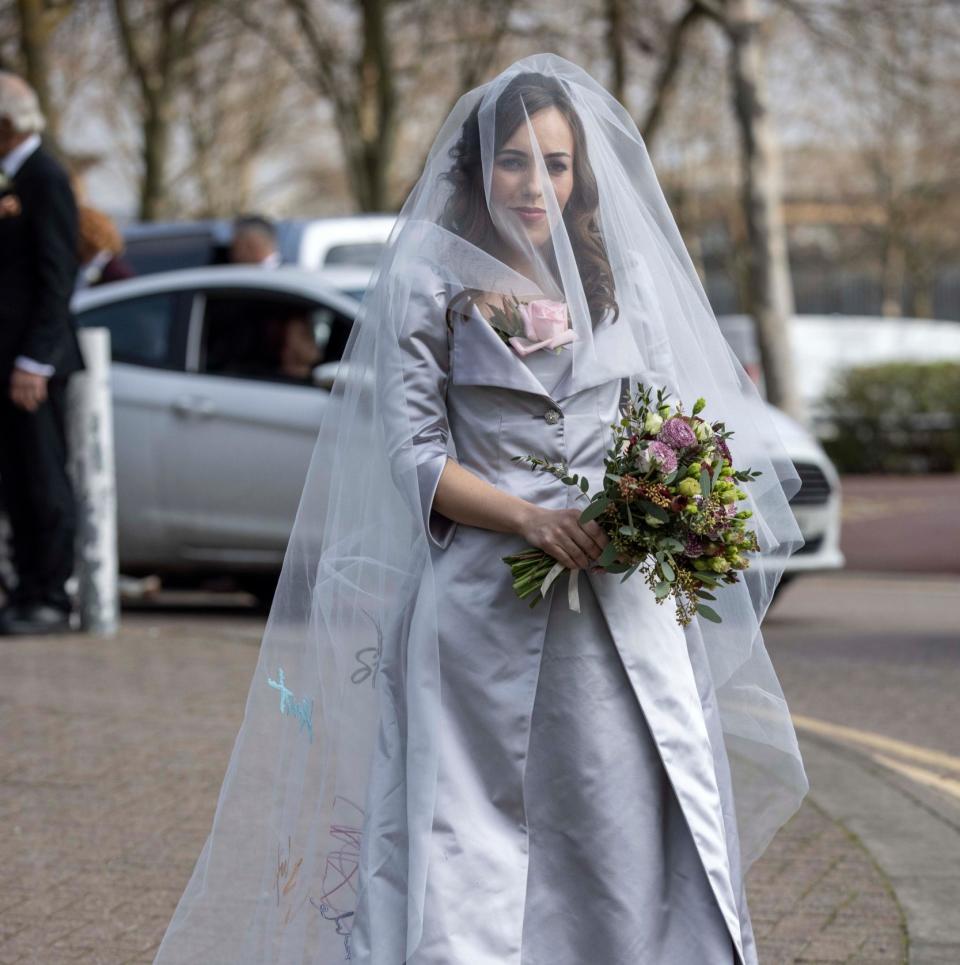
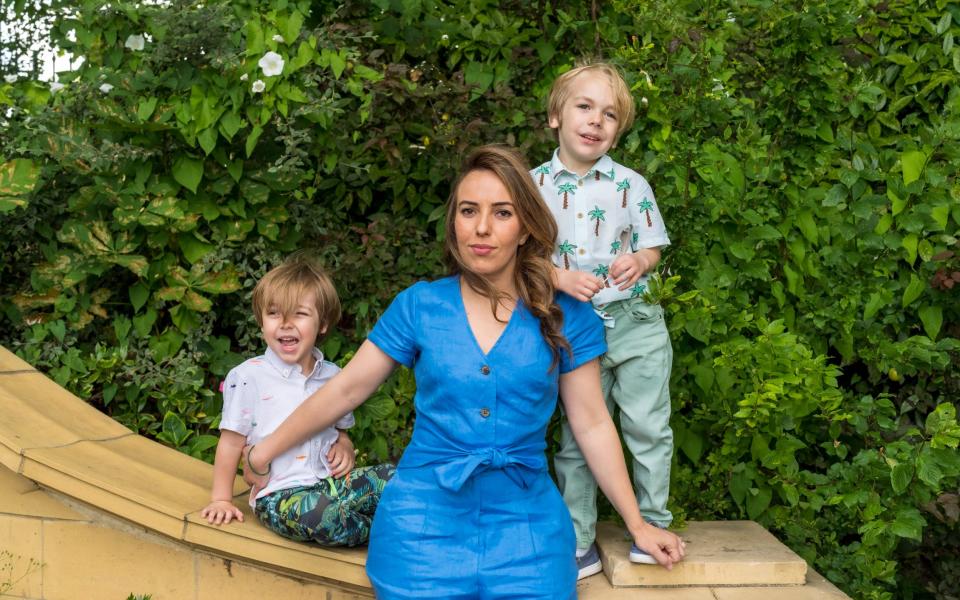
In 2015, he began a relationship with Stella Moris, his lawyer. The couple were married in Belmarsh prison in 2023. Their two children have never seen their father outside the prison’s visiting room.
“It’s a whirlwind of emotions,” Mrs Assange told the BBC about his release on Tuesday.
Assange appeared before a judge in the US territory of the Northern Mariana Islands just after midnight (GMT) on Wednesday and pleaded guilty to a single felony charge, securing his freedom under a plea deal.

 Yahoo News
Yahoo News 
